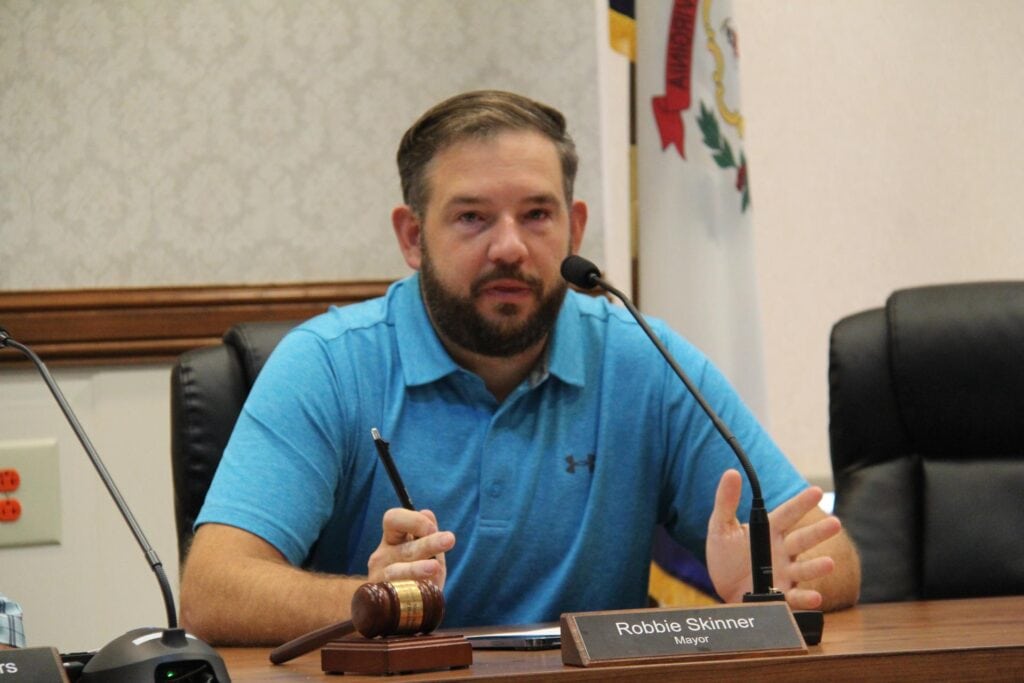Washington, D.C. – U.S. Senators Joe Manchin (D-WV) and Shelley Moore Capito (R-WV) recently led a letter with 11 of their Senate colleagues urging Department of Health and Human Services (HHS) Secretary Alex Azar to initiate a rulemaking process that will improve coordination of care and reduce the potential for accidental overdoses among recovering addicts. This rulemaking process would help give healthcare providers access to their patient’s complete medical history, including substance abuse, allowing them to provide the appropriate care. It is consistent with the approach proposed in the Protecting Jessica Grubb’s Legacy Act that Senators Manchin and Capito introduced last Congress.
The Senators said in part, “As I learned after Jessie’s tragic death, 42 CFR Part 2 (Part 2) sets requirements limiting the use and disclosure of patients’ substance use records from certain substance use programs. Patients are required to give multiple consents, creating a barrier for integration and coordination of health care. A lack of access to the full scope of medical information for each patient can result in the inability of providers and organizations to deliver safe, high-quality treatment and care coordination. The barriers presented by Part 2 can result in the failure to integrate services and can lead to potentially dangerous medical situations for patients.”
The 42 CFR Part 2 regulations make it difficult for medical professionals to access their patients’ substance use disorder treatment records. Currently, patients are required to give multiple consents, creating a barrier for integration and coordination of health care. Aligning these regulations with HIPAA would help reduce opioid overdose deaths by ensuring that medical professionals have access to these treatment records so that they can provide properly coordinated care. HIPAA has successfully protected the privacy of medical records since the 1990s and these additional regulations (originally passed in the 1970s) are now unnecessary and counterproductive to providing quality patient care.
After battling addiction for seven years, Jessie was sober and focusing on making a life for herself in Michigan. She was training to run in a marathon and had to undergo surgery for a running related injury. Her parents, David and Kate Grubb, went to Michigan for her surgery and told her doctors and hospital personnel that she was a recovering addict. However, after Jessie’s surgery, the discharging doctor, who said he didn’t know she was a recovering addict, sent her home with a prescription for 50 oxycodone pills. Before her death, David shared her story with President Obama when he came to Charleston for a town hall on the opioid epidemic. Her life and her story has had a deep impact on Senator Manchin and his efforts to fight the opioid epidemic.
Additional Senators who joined the letter: Senators Whitehouse (D-RI), Cramer (R-ND), Klobuchar (D-MN), Cassidy (R-LA), Merkley (D-OR), Tillis (R-NC), Rounds (R-SD), Collins (R-ME), Feinstein (D-CA), Fischer (R-NE), Harris (D-CA)
Read full letter below:
Dear Secretary Azar:
We write to urge you to initiate a rulemaking process on the Confidentiality of Alcohol and Drug Abuse Patient Records, 42 Code of Federal Regulations 2, also known as 42 CFR Part 2.
As you know, 42 CFR Part 2 (Part 2) sets requirements limiting the use and disclosure of patients’ substance use records from certain substance use programs. Patients are required to give multiple consents, creating a barrier for integration and coordination of health care. A lack of access to the full scope of medical information for each patient can result in the inability of providers and organizations to deliver safe, high-quality treatment and care coordination. The barriers presented by Part 2 can result in the failure to integrate services and can lead to potentially dangerous medical situations for patients.
During the 115th Congress, the House of Representatives passed legislation to modernize Part 2 by an overwhelmingly bipartisan vote of 357-57. H.R. 6082, the Overdose Prevention and Patient Safety Act (OPPS Act), would align Part 2 with HIPAA for treatment, payment, and health care operations (TPO) and strengthen protections against the use of addiction records in criminal, civil, or administrative proceedings. This bill further amplifies patient protections by incorporating antidiscrimination language, significantly enhanced penalties for any breach of a patient’s substance use record, and breach notification requirements.
Part 2 provisions are not compatible with the way health care is delivered currently. In order to bring them in line with 21st Century medicine, it is imperative to modernize the regulations. Initiating a rulemaking process will open the door for necessary reforms, allowing for better coordination, safer and more effective treatment for patients, and stronger patient protections.













